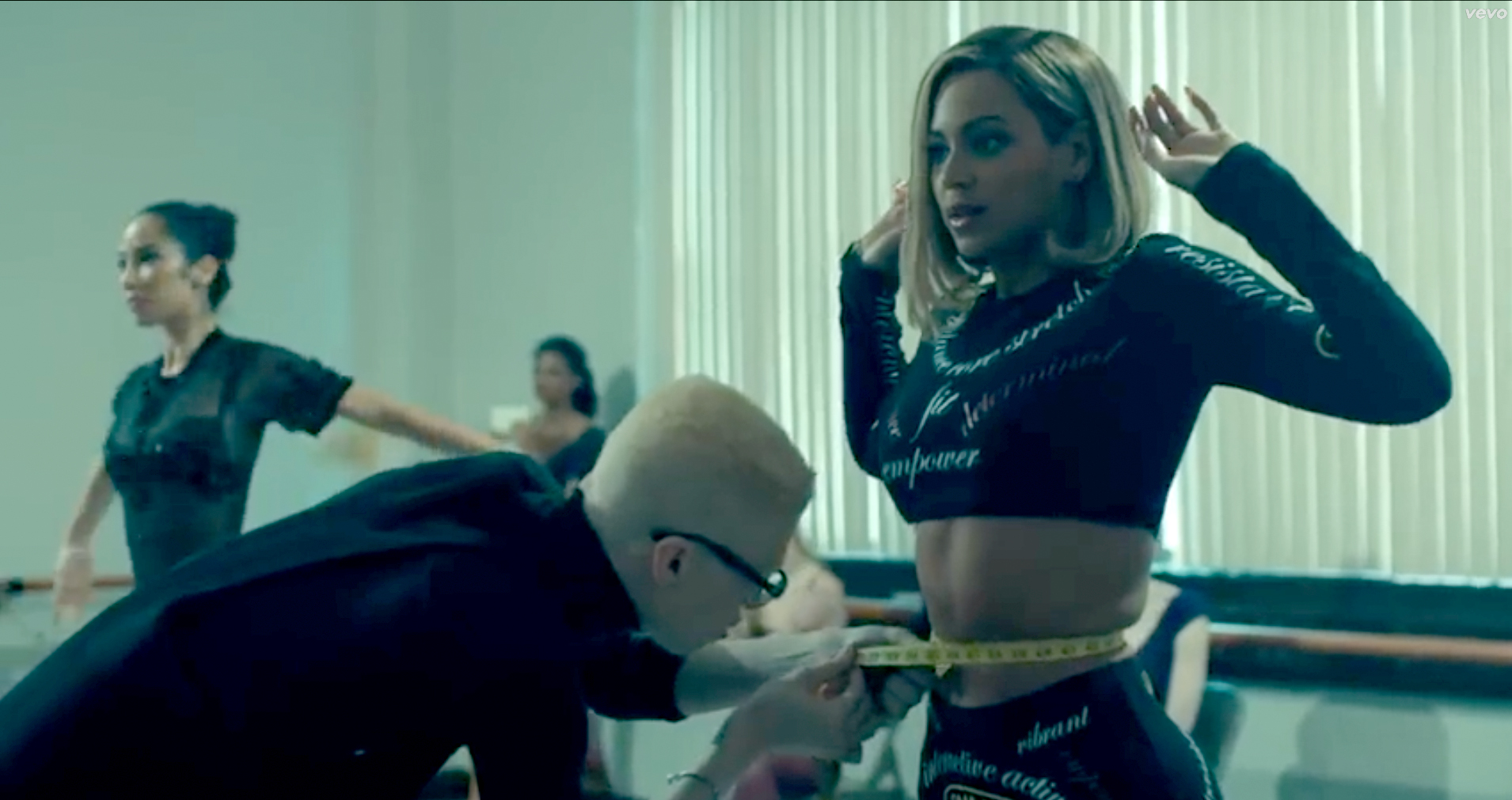When Being Curvy Hurts: One Black Woman’s Severe Struggle With Body Image
One black woman shares her severe struggle with body image.
— -- Like so many young women, Jenna Lahori isn’t always comfortable in her own skin.
She wants to be a much thinner version of herself, but struggles with her eating habits.
“I have a love-hate relationship with food. I love to eat food, but I use it in an unhealthy way,” Lahori said. “That means eating when I'm not even hungry. That means just eating to feel better, eating a lot of bread and cheese and ice cream, just things that will make me feel better immediately.”
At 5-foot-9 and 213 pounds, the 22-year-old Chicago student says she often feels heavy and unattractive -- feelings that have pushed her to extremes.
“I don't have a candy bar. I'll have three candy bars and a half a thing of ice cream,” she said. “Even though I'm not hungry at all, there's no point where I'm like, ‘I need to stop,’ especially when I'm feeling like I'm in that dark place.”
Though she has never been formally diagnosed, Lahori believes she has an eating disorder. She shows all the signs of a binge eater, succumbing to frequent, uncontrollable eating sprees, and then, from time to time, she also forces herself to throw up.
“Every time I used a scale to lose weight, I become very obsessive about the number. That’s when I end up purging,” she said.
How often she binges and purges, she said, depends on how long she stays in that “dark place.”
“Sometimes it’s months. Sometimes it's only a week or a few days, or maybe it's just a couple of hours,” Lahori said.
Lahori said she has yet to seek treatment because she can’t afford it.
“Sometimes I feel like this isn’t really me, who I want to be,” she said. “I still want to be me. I just want to be that ideal version of me that I have in my head.”
Binge eating disorder is the most common eating disorder affecting black women, according to a University of Southern California study that looked at the perception of bulimia on girls. What’s unusual in Lahori’s case is that she is a black woman willing to openly talk about her body-image issues.
Not much is known about how many African-American women are struggling with eating disorders, but researchers say eating disorders are on the rise among women of color because more women are reporting them. But because of "our historically biased view that eating disorders only affect white women, relatively little research has been conducted," according to the National Disorders Association.
Given this perception, Dr. Janet Taylor, an emotional health expert and community psychiatrist in New York City, who is also a black woman, said women of color often don’t talk about their eating disorders, and doctors can ignore the signs.
“Historically, we know why we need to say, ‘Black is beautiful,’ and we need to acknowledge and uphold and uplift ourselves, because we are not represented in magazines and media,” Taylor said. “However, there’s a difference between being black and beautiful [and] between being big and black and beautiful.”

From TV shows to music, black women are often shown as being confident about their curves.Recently, Nicki Minaj sparked controversy with her new album cover, “Anaconda,” which puts her backside front and center.
Beyonce, formerly of Destiny’s Child, which had the hit single, “Bootylicious,” can partly thank her curves for her success, but even Queen Bey recently questioned the superficial curvy standards of the entertainment industry in her music video, “Pretty Hurts.”The video sparked a social media conversation, with fans talking about the true meaning of being pretty.




